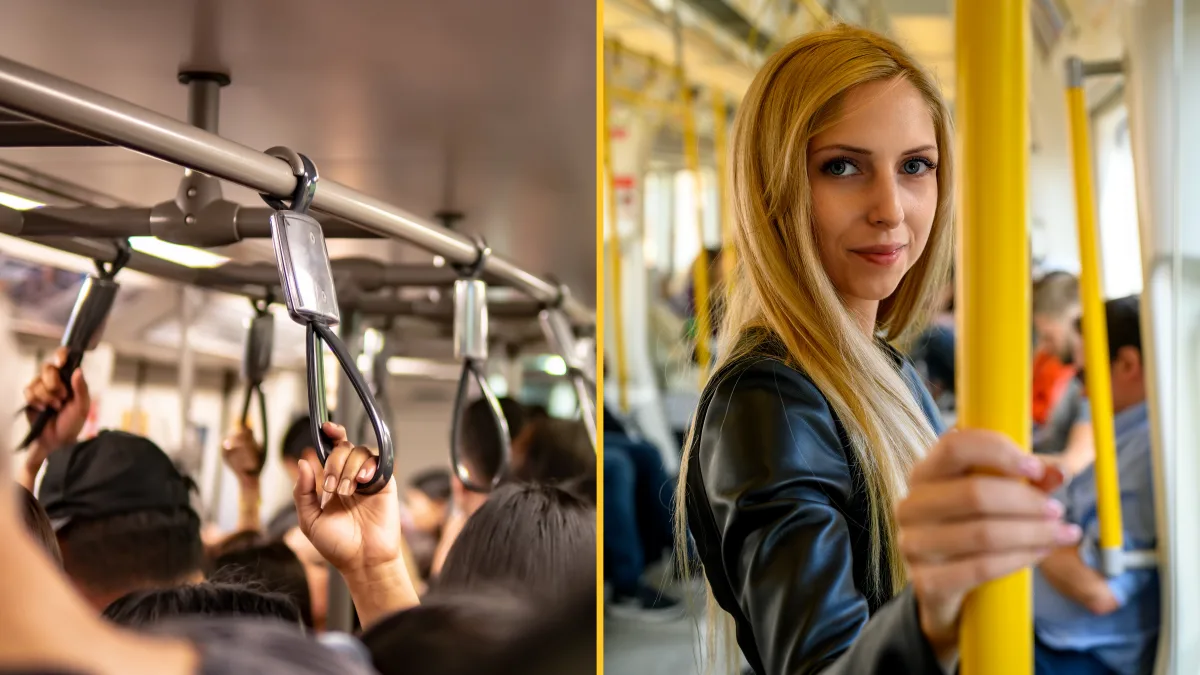People baffled after learning what new ‘barebacking’ trend actually is
It’s the latest craze among young people
With every year that passes, trends come and go.
From the days of the Harlem Shake way back in 2013, we have come a long way in what can keep the minds of young people occupied.
Just last year, the trend of ‘rawdogging’ was all over the internet.
For those who don’t know, ‘rawdogging’ was a trend where people refused to entertain themselves during flights.
This means going without any sort of films, books, music, or other entertainment for as long as you’re in the air.
Although it sounds somewhat unhinged, huge names such as Manchester City footballer Erling Haaland took part in the trend.
However, we’re now in 2025 – and a new craze is here to take over.
‘Barebacking’ is the newest trend doing the rounds, and it’s actually quite similar – if not a little bit worse – than ‘rawdogging’.
Turns out, ‘barebacking’ is where gen Z workers are going their whole commutes without any form of entertainment, similarly to ‘rawdogging‘.
However, one crucial difference is that ‘barebackers’ actively seek out eye contact with their fellow commuters.
Podcaster Curtis Morton, who is credited with coming up with the term ‘barebacking’, criticised those who practice the trend on his ‘Behind the Screens’ podcast.
“You’ve commuted enough times,” he said. “Why are you sitting there without a phone, without a book, just looking at me, looking at what’s going on? Just do something!”
Although the trend may seem like Gen Z are simply just pretending they live in the ye olden days before everyone had a smartphone on them, there may be something deeper at play.
It’s believed the trend may be a way for workers to fight back against companies demanding they come back into the office.
Career coach Amanda Augustine explained to Fortune: “Employees are expected to ‘clock in’ once they arrive at the office, not when they board the train.”
Therefore, by refusing to look at their phones, workers are able to stop themselves from working during their commute.
Psychotherapist Eloise Skinner added: “Employees may feel they are able to retain a sense of autonomy and control over their working schedule, especially since the commute forms a specific time around which to draw this boundary.”





